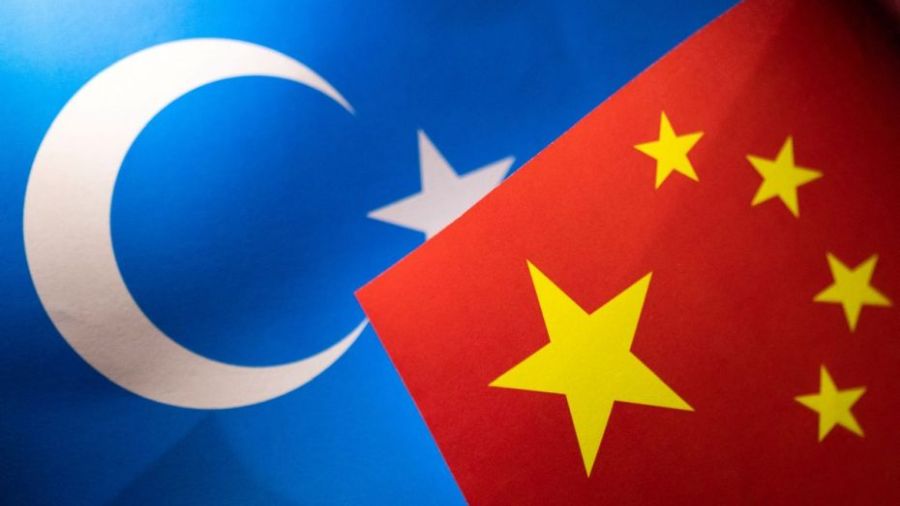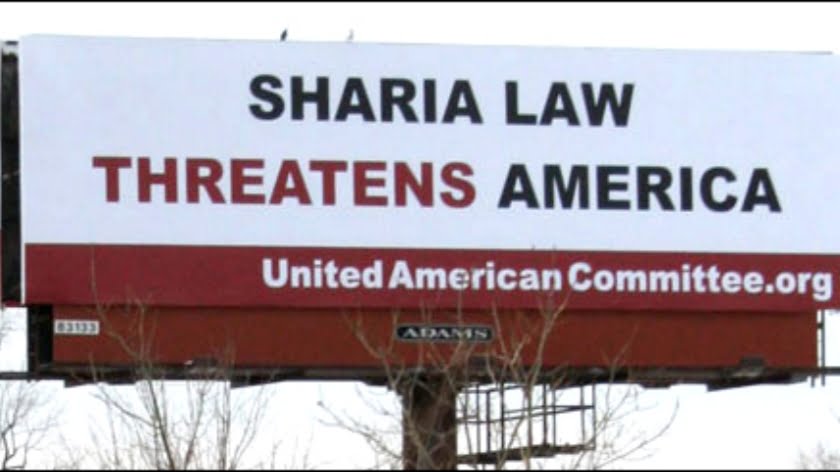Uyghur Reality: West’s Insidious Agenda
It is not difficult to see that fabricated fake news used to attack China is the result of a widespread propaganda campaign, Erkin Öncan writes.
A sustained campaign led by the U.S. has thrown various accusations against China for so-called human rights violations.
Last year the British founded a so called special tribunal and accuse China of Uyghur genocide and human rights abuses. Argentina and Germany have also opened files against China on the Uyghur issue, and press the international criminal Court to investigate the case.
Western countries and media outlets involved in the concerted anti-China campaign blame the country for what they call social and cultural oppression of Uyghurs in the Xinjiang Uyghur Autonomous Region.
But when one sees the human rights record of the U.S., it is not too hard to understand that the main aim of the allegations is not humanistic, but political.
Besides, it’s an open secret that non-governmental organizations lobbying globally against China and supporting extremism are directly funded by the U.S.
It is clear that those who try to strike China at every opportunity through “human rights” are not really interested in human rights. Could it be said that the West would still make similar accusations if China had a government that submitted to the United States instead of the Communist Party rule? The answer is obvious.
For example, Rebiya Kadeer, one of the top leaders of the separatist organization World Uyghur Congress who went to the U.S. after committing various crimes in China, is working for the National Endowment for Democracy (NED), which is funded by the American Congress.
Uyghur Human Rights Project, which undertakes international propaganda and lobbying for separatism, also works directly with the NED, according to the NED official website.
Founded in 1983 and shaped by ex-CIA agents, NED is known for its “democracy work” against the former Soviet Union and the Middle East. NED is one of the biggest instruments of the strategy launched by the U.S. in the aftermath of the Cold War. The organization is also known as “the shadow CIA.”
Allen Weinstein, co-founder of the organization, said, “What we have done today is being secretly carried out by the CIA 25 years ago,” according to The Washington Post. These facts bear the purpose of the organization.
Washington has put on the mask of humanity for years to discredit countries it doesn’t agree with.
But there is something this mask cannot hide: terror.
Blaming China over human rights and the Uyghur issue is not only a political calculation, but also a more insidious move. The accusations against China also target China’s national security. For example, although many disinformation reports about China cover so-called “detailed” activities within the country, for example, China’s fight against terrorism and jihadism is not included. Here’s the trick they did. They are trying to hide the fact that every decision taken by the Chinese administration regarding the Uighurs is also about protecting the region from jihadist terrorism and reaction.
First, the separatism in Xinjiang is rooted in radical Islamist thought promoted by the terrorist group Turkistan Islamic Party (TIP), formerly known as the East Turkestan Islamic Movement, which is behind the incidents of terrorism in the region.
TIP has the Syrian region of Idlib as its hub. About 3,500 TIP militants live in the village of Zenbaki, next to Jisr al-Shughour in the Idlib region. Counting their family members, at the peak period the number of Chinese extremists in Idlib totaled 5,000, Syrian Ambassador to China told the Global Times in September 2017. The TIP is inciting hundreds of Uyghur children to jihad (holy war) and making “small jihadists” of Syrian children.
The U.S. criticizes China for putting Uyghur children in an education program. But, did they mention anything about the armed Uyghur children in Syria?
However, a new era is underway in the region: Sochi consensus.
After the Sochi agreement was signed by Russia, Iran and Turkey last September, the focus moved to Idlib and the future of the Uyghur population in the region became a matter of curiosity.
But with the defeat of the jihadists, it seems that there is no place to hide for TIP terrorists. Because of the measures taken by the Chinese government, it has become almost impossible for jihadists to re-enter Xinjiang.
It has been learnt that the TIP has braced for facing any operation in Idlib. In the latest videos released by TIP, they continue to dig trenches in the region and have stepped up battle preparations. It means that these terrorists will not be easily drawn out of Idlib, and won’t disappear immediately.
So the question is, where will the Uyghurs retreat? Naturally,the answer is Turkey, which is quite close.
At this point, it’d be useful to recall Turkey’s position on Uyghurs. The attitude of the Turkish government to Uyghurs has changed in recent years. Facing political and economic tensions with the U.S., Turkey has become more and more thoughtful of developing closer relations with China. This has also changed its approach to Turkey’s Uyghurs.
As Ankara developed relations with China, its attitude toward Xinjiang also began to change.
Turkish President Recep Tayyip Erdogan announced during his 2015 visit to China that they define separatist groups in Xinjiang as terrorist organizations, according to Xinhua News Agency’s report.
Former Turkish prime minister and current parliament speaker Binali Yildirim has also emphasized his disapproval of the separatists: “If they involve in terrorist activities and oppose China’s territorial integrity and sovereignty, we do not look at them positively.”
China’s global economic rise is being watched carefully by some Western countries, especially the U.S. China has acquired more prominence than ever and has been targeted by political and ideological opponents. The biggest example of this is the trade war launched by the U.S.
It is not difficult to see that fabricated fake news used to attack China is the result of a widespread propaganda campaign.
At this point in an informational war, journalism plays a big role.
And, despite the policy changes of the Turkish government, it’s still very common to face negative reactions when the truth about the status quo of China’s Uyghur is revealed.
However, the truth will definitely win.







